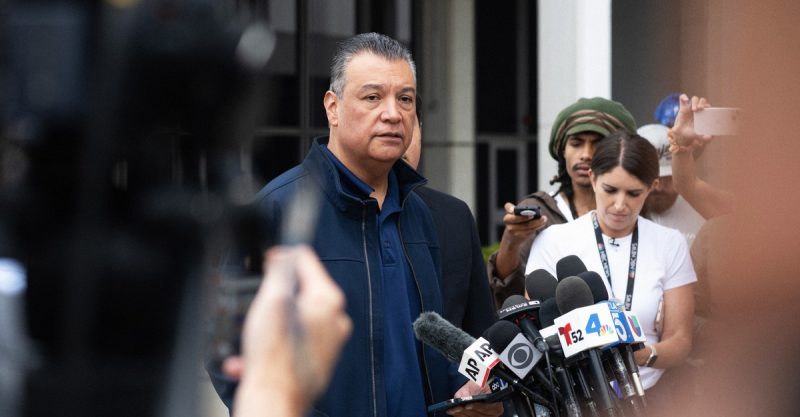
The recent unrest in Los Angeles, with its jarring images of burning vehicles, clashing protesters, and a heavy police presence, has stirred unsettling echoes of 1994. The scenes, punctuated by the vibrant display of Mexican flags, have ignited a crucial conversation: how does a climate of fear and perceived threat impact Latino voting patterns?
The parallels to the events of nearly three decades ago are striking. Then, as now, simmering tensions and a sense of vulnerability within the Latino community are palpable. This isn’t merely about isolated incidents; it’s about a deeper, systemic unease that influences how Latinos engage with the political process. The question isn’t whether these events impact voting, but rather *how* they shape the choices made at the ballot box.
Some argue that fear can drive increased political participation. A perceived threat to their community, their safety, or their very way of life can galvanize Latinos to actively engage in the democratic process, seeking candidates and policies that promise protection and stability. This can lead to a surge in voter turnout and a shift in voting preferences towards candidates who explicitly address these concerns.
However, another equally compelling argument suggests a different outcome. A climate of fear and instability can also lead to disengagement. When individuals feel overwhelmed by uncertainty and insecurity, political participation can seem like a low priority. The feeling of powerlessness can be paralyzing, leading to apathy and abstention. Furthermore, the focus on immediate survival needs can overshadow long-term political considerations.
The complex interplay of these factors makes predicting the impact on Latino voting patterns exceptionally challenging. It’s not simply a case of fear equaling increased participation or decreased participation. The nature of the threat, the perceived effectiveness of political action, and the level of community organization all play crucial roles in shaping the response.
What’s clear is that the recent events in Los Angeles, and similar incidents across the nation, highlight the urgent need to understand the nuanced relationship between perceived threat, community resilience, and political engagement within the Latino community. Further research is crucial to accurately gauge the impact on voting behavior and to ensure that the voices and concerns of this vital demographic are heard and addressed effectively.










